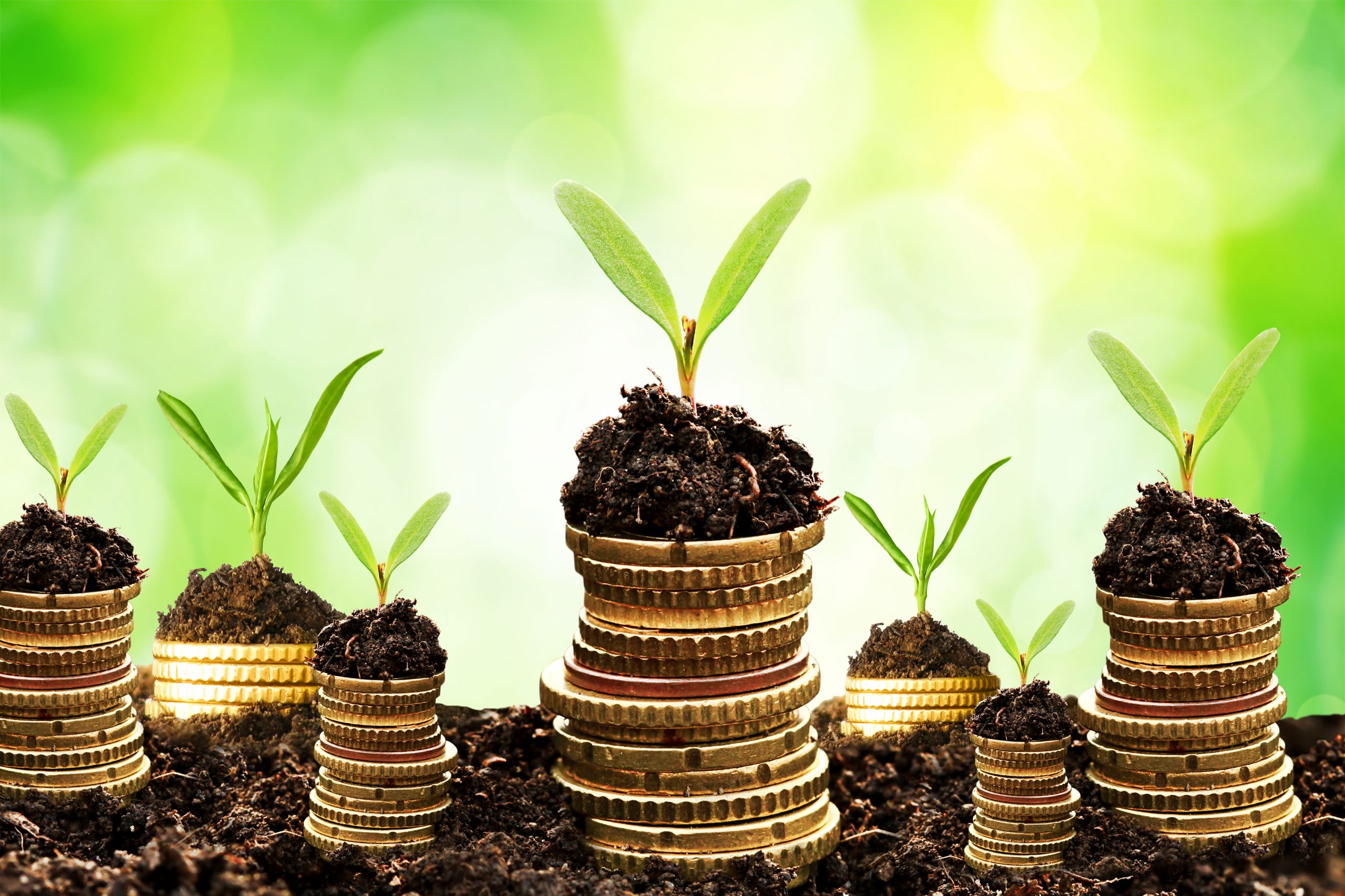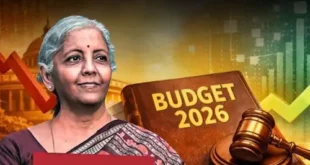Dr. Seema Javed
New analysis in The Paris Effect – COP26 edition, from global sustainability consultancy SYSTEMIQ, shows there is no longer a meaningful case for investing in new carbon-heavy infrastructure, with all major sectors well capable of developing cost-competitive green solutions by 2030. For any high-carbon infrastructure built today, the revenues from 10-years out should be seriously questioned.
To build a prosperous, net zero economy, we need to accelerate low-carbon investment & progress in energy, nature, finance, methane and carbon dioxide removal. The good news is that we know how to do this.

“In 2020 The Paris Effect made clear that weak or delayed action not only translates into potentially devastating climate risk, but also puts economies at risk of falling behind the next wave of the creation of prosperity. The Paris Effect – COP26 edition highlights that on multiple fronts rapid technological innovation is accelerating, supported by scaling investment and increased ambitions. It also makes clear that we need to do much more to mobilise capital for developing countries through creative combinations of international public finance designed to mobilise much larger flows of long-term private capital at much lower cost.” says Nicholas Stern, Chairman of the Grantham Research Institute.
Building on its Paris Effect report from 2020, SYSTEMIQ highlights that with investment flows into low-carbon solutions, the world could see market tipping points in sectors representing 90% of emissions by 2030 and all emissions by 2035.
Low-carbon solutions are competitive across much of the electricity sector, and within the next decade we can expect to see disruptive trends in multiple sectors including trucking, food & agriculture, aviation, shipping and others – supported by the Glasgow Breakthrough package launched at COP26 this week.
“As the old saying goes, if you want to lose a bet, bet against the future. Investing in high-carbon infrastructure now is that losing bet, says Rachel Kyte, Dean, Fletcher School, Tufts University. For any infrastructure asset built today that serves a high-carbon value chain, the revenues from 10-years out should be seriously questioned. Infrastructure investors should also pay close attention to reinforcing downward spirals that will accelerate the decline of high-carbon assets.”
But while the report finds that progress is accelerating on some fronts (e.g. solar/wind + storage; electric vehicles; plant-based meats; green steel), the pace of change in other sectors is too slow (e.g., energy efficiency; heat pumps; financing for nature-based solutions; direct carbon removal).
Christiana Figueres, Co-founder of Global Optimism, former Executive Secretary of the UNFCCC (2010-2016) commenting on the report said- “The direction is set for this decisive decade – we will not step back from decarbonisation efforts to stay within the 1.5C limit. Substantial progress has been made since the Paris Agreement, and we will soon see the curve of emissions beginning to go downward. SYSTEMIQ’s updated report, The Paris Effect – COP26 edition, shows us that the transformation of key sectors is happening, and that with increasing speed, we can create a virtuous cycle for policy, technology and finance.”
 Jubilee Post News & Views
Jubilee Post News & Views





